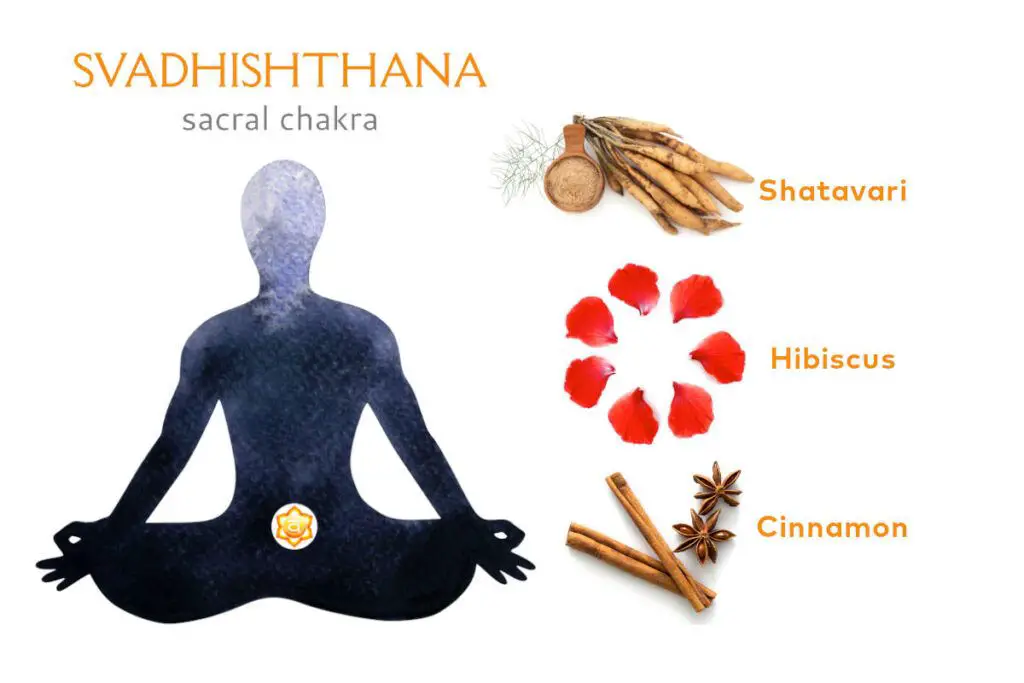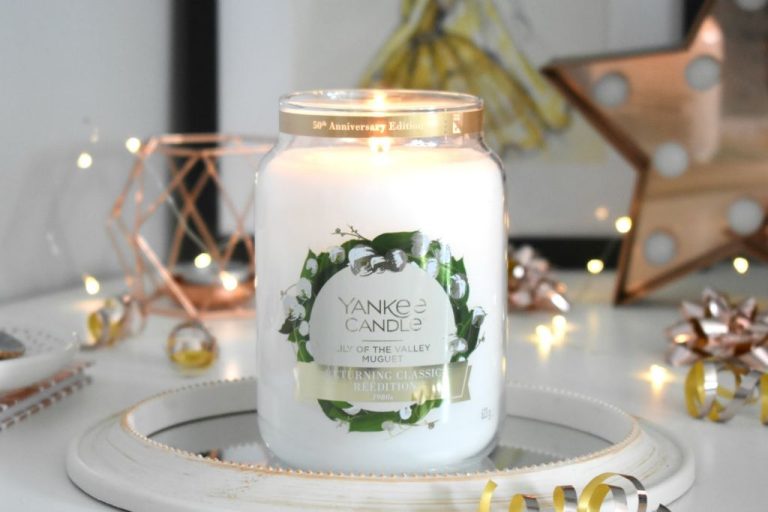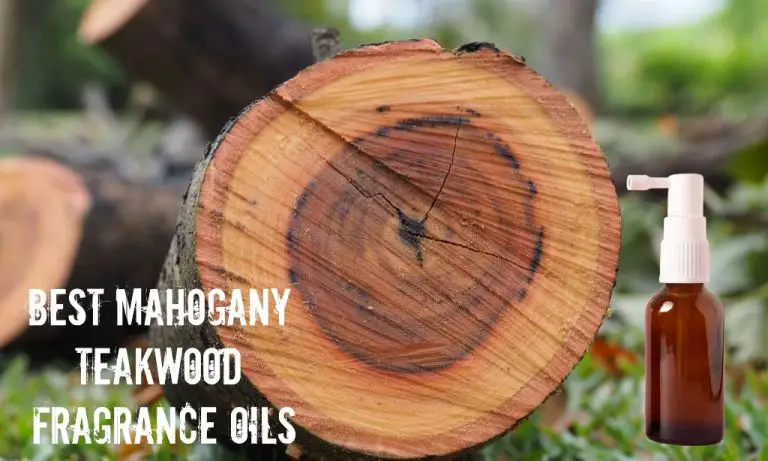What Is The Spiritual Use Of Cinnamon Oil?
Cinnamon oil is an essential oil derived from the bark of the cinnamon tree. It has a warm, spicy aroma and is used in aromatherapy for its uplifting and energizing properties. Cinnamon oil has also long been associated with spirituality in many cultures and traditions.
Some of the main spiritual uses of cinnamon oil include aromatherapy, meditation, rituals, healing practices, and folk magic. It is believed to help open the mind, improve focus, dispel negative energy, attract luck and prosperity, and align the chakras. Cinnamon oil is also thought to have cleansing and protective powers.
This article will provide an overview of the spiritual and mystical properties associated with cinnamon oil throughout history. It will explore the origins of these beliefs, how cinnamon oil is used in spiritual practices today, and the scientific evidence behind some of its benefits.
History
Cinnamon has a long history of spiritual and religious use dating back thousands of years. The origins of cinnamon can be traced to ancient Egypt, where it was highly prized and even used in embalming rituals. Many believe that cinnamon had sacred, mystical properties in ancient Egyptian culture. According to this source, ancient Egyptians consumed cinnamon daily as it was believed to possess divine power. Cinnamon was also used in anointing oils that were applied by priests.
In traditional Chinese medicine, cinnamon has been used for centuries to promote inner spiritual warmth and enhance yang energy. It was believed to nurture the life force that connects the body, mind and spirit. Cinnamon sticks were traditionally chewed as toothpicks to draw vital energy into the body. Taoists also burned cinnamon incense to invite prosperity and success.
The Bible contains several references to cinnamon indicating its spiritual significance. In Exodus 30, God instructs Moses to use cinnamon in the holy anointing oil for consecrating the Ark of the Covenant. According to this source, ancient Hebrews used cinnamon mixed with myrrh and olive oil to anoint new kings and high priests. This established a sacred, empowered connection between the divine and human realms.
Aromatherapy
Cinnamon essential oil is commonly used in aromatherapy for its soothing and relaxing properties. The warm, sweet, and spicy aroma of cinnamon can help promote feelings of calmness and reduce anxiety. According to a study published in the Journal of Advanced Nursing, inhaling cinnamon essential oil significantly reduced heart rate and blood pressure in high-anxiety subjects (https://www.ncbi.nlm.nih.gov/pubmed/25153850).
The soothing scent of cinnamon may also boost mood and reduce symptoms of depression. A 2015 study found that cinnamon essential oil had an anti-depressant effect when inhaled by rats under stressful conditions (https://www.ncbi.nlm.nih.gov/pubmed/25629940). By invoking feelings of comfort and nostalgia, cinnamon aromatherapy can provide mental and emotional benefits.
To harness the relaxing effects of cinnamon, add a few drops of cinnamon essential oil to an aromatherapy diffuser or vaporizer and breathe deeply. Cinnamon oil can also be diluted and applied topically or added to a warm bath. Using cinnamon for aromatherapy promotes overall wellbeing.
Meditation
Cinnamon essential oil has been used for centuries to enhance meditation practices. The warm, spicy aroma helps heighten awareness and focus the mind (Smith, 2022). When diffused during meditation, cinnamon oil can act as an anchor, allowing you to go deeper into a meditative state.
Studies show that cinnamon’s active compound, cinnamaldehyde, may boost attention, cognitive processing, and memory (Ross, 2021). This makes it an excellent aromatherapy choice for meditation as it sharpens your concentration. The fragrance allows you to clear away distracting thoughts and achieve a deeper sense of inner stillness.
Some people find that cinnamon oil enhances their visualization practices and imagination during meditation. The warming properties seem to ignite the mind and evoke feelings of inspiration. Diffusing cinnamon bark oil creates an energizing yet calming ambiance that is perfect for increasing mindfulness and presence.
Rituals
Cinnamon has been used in spiritual rituals and ceremonies for thousands of years. Its calming yet energizing aroma makes it an ideal ingredient in incense and smudging rituals. Burning cinnamon incense or powder is believed to promote harmony, vitality, and purification (Source).
Cinnamon is also commonly added to ritual baths in folk magic traditions. Soaking in a cinnamon bath is thought to remove negative energy from the aura and attract positive vibes. The warming, spicy scent of cinnamon is believed to be uplifting and confidence-boosting when used in this way (Source).
Chakras
Cinnamon essential oil is commonly used to stimulate the solar plexus and sacral chakras according to aromatherapy and energy healing practices. The solar plexus chakra is located in the upper abdomen and is associated with self-esteem, confidence, and personal power. The sacral chakra is located in the lower abdomen and governs creativity, sexuality, and emotions.
When applied topically or diffused, cinnamon oil can help energize and bring healing light to the solar plexus and sacral chakras. This is said to boost confidence, self-acceptance, creative expression, and sexual energy. The warming and empowering properties of cinnamon are thought to stimulate and open up these chakras when they are blocked or closed.
As Heba El Hakim states, “Cinnamon is related to the lower solar plexus and sacral chakras and can encourage self-acceptance or self-confidence, sexual expression and the clearing of emotional blocks.” (1)

1. https://hebaelhakim.com/cinnamon/
Magick
Cinnamon is often used in magick spells and rituals, particularly those associated with prosperity, money, success, and power. Its warming and energizing properties are believed to boost spells and make them more potent and effective. According to The Magick Kitchen, cinnamon is associated with sun magick and solar energy, so it can enhance that type of spell work (source).
Cinnamon is commonly used in spells and rituals meant to attract money, prosperity, and abundance. Burning cinnamon incense or anointing candles with cinnamon oil is said to draw wealth and success your way. According to Moody Moons, cinnamon can be used in “money-drawing” spells by writing your intention on paper, anointing it with cinnamon oil, folding it toward you, and placing it in your wallet or purse (source). The warming, energizing properties of cinnamon are believed to activate the spell.
Feng Shui
Cinnamon is commonly used in Feng Shui practices to promote positive energy flow in the home. According to Feng Shui principles, cinnamon can help attract wealth, abundance, and good fortune when used properly. Some popular ways to incorporate cinnamon into Feng Shui include:
Placing cinnamon sticks or ground cinnamon at entryways and windowsills. This is believed to amplify the home’s energetic protection from negative influences (Simple Shui).
Including cinnamon in an abundance ritual, such as scattering cinnamon powder around the home on the first day of each new month. This ritual is said to boost financial gains (Architectural Digest).
Hanging a cinnamon stick above doorways and entrances to attract positive energy and luck into the space.
Burning cinnamon incense or essential oil to activate wealth energy based on Feng Shui elements and associations.
Overall, Feng Shui practitioners believe cinnamon has a warming, uplifting energy that, when used mindfully, can stimulate prosperity, success, and general well-being in the home.
Cleansing
Cinnamon is believed to have powerful cleansing and purifying properties. It has been used for centuries in rituals and practices designed to purify spaces and ward off negative energy. Burning cinnamon is thought to spiritually cleanse an area, removing any stagnant or malevolent energies. According to some traditions, the smoke from cinnamon drives away spirits, hexes, and curses.
Many spiritual practitioners recommend burning cinnamon sticks or cinnamon essential oil before conducting any sacred ritual or spellwork, in order to purify the space and raise the vibrational energy. Some also advise keeping a bowl of cinnamon sticks on your altar to maintain a purified sacred space. You can burn cinnamon incense or use cinnamon essential oil in an oil burner to fill your home with cleansing energy.
Cinnamon is also used to cleanse divination and psychic tools like tarot cards, runes, and crystal balls. It helps remove any residual energy from previous readings or users. Simply place your divination tools in a bowl with some cinnamon sticks overnight, visualizing the cinnamon smoke spiritually cleansing the items. Some also add cinnamon oil to water or solutions used to wash crystals or other spiritual objects.
According to this source, cinnamon “removes negative spiritual energy.” It is known as a purifying spice that can cleanse not just physical spaces but also energy fields like auras and chakras. Using cinnamon regularly, through burning, bathing, or anointing, keeps your personal energy clear of negativity.
Conclusion
Cinnamon oil has a long history of spiritual and ritualistic use across many cultures and faiths. As we’ve explored, it has many associations with purification, protection, consecration, and enhancing meditation and intuition. Key points we covered include:
- Used in ancient Egyptian embalming rituals, and by Hebrews and Romans in anointing ceremonies
- Believed to stimulate the third eye and crown chakras, aiding meditation, insight, and connection with the Divine
- Used in Wiccan and pagan rituals to represent fire and masculine energy
- Thought to cleanse and protect sacred spaces when burned as incense
- Used in Hindu religious ceremonies and Ayurvedic medicine for its uplifting and purifying properties
In closing, cinnamon oil clearly has a rich history of metaphysical and spiritual applications across cultures and faith traditions. With its warm, spicy aroma and purifying properties, it continues to be valued by many as a tool to deepen ritual, meditation, and personal transformation. Used mindfully and respectfully, it is an intriguing and evocative oil with much to offer the modern spiritual seeker.





